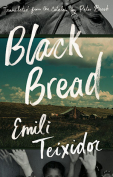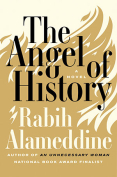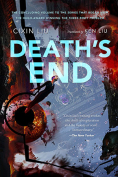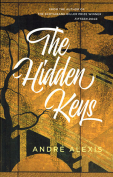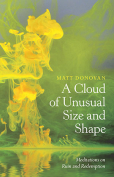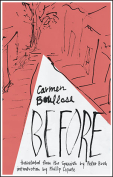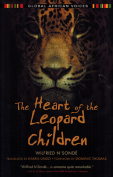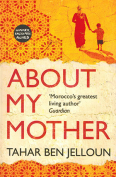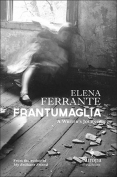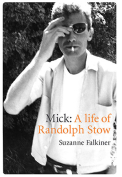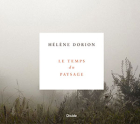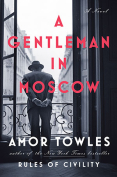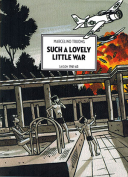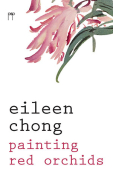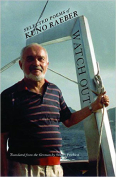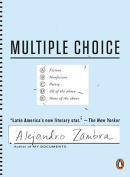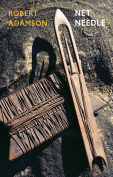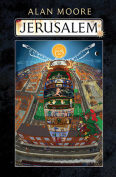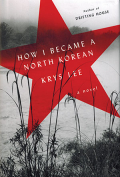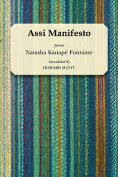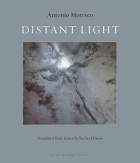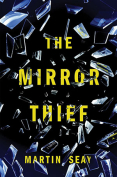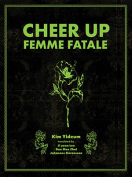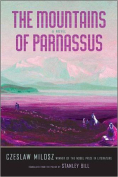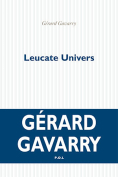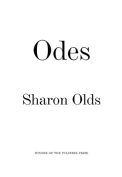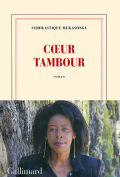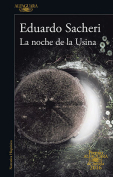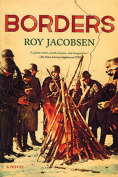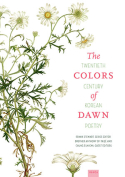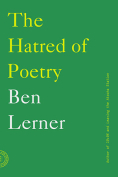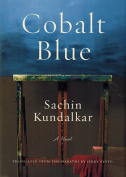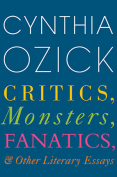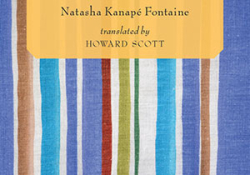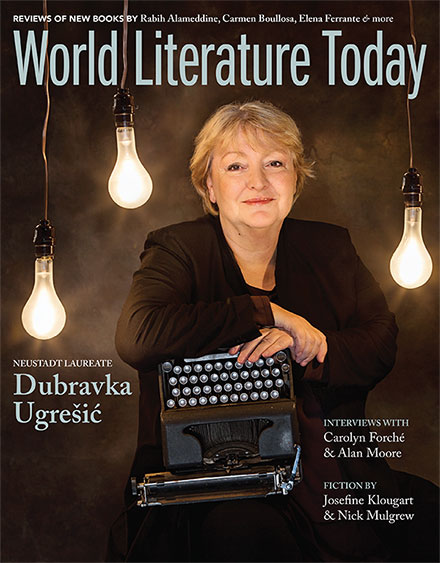Assi Manifesto by Natasha Kanapé Fontaine
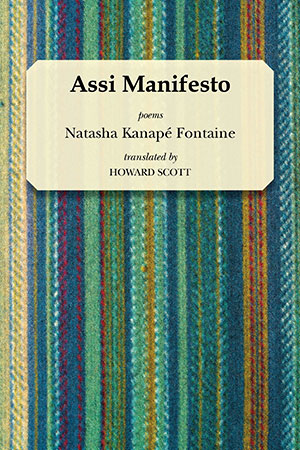 Toronto. Mawenzi House. 2016. 78 pages.
Toronto. Mawenzi House. 2016. 78 pages.
Innu Assi means “land of the people” in the language of the Pessamit Innu. Natasha Kanapé Fontaine’s Assi Manifesto grounds itself in Innu land, history, and experience in order to negotiate the cultural, environmental, and psychological distances between the past and the present: How do we live? How do we love? How to we fight? How do we pray?
Assi in Fontaine’s poetry is figured as a woman whose “womb and realm” hold a “cosmogony” of flora, fauna, and humans. The earth mother is the central metaphor of the collection; the lyric “I” is sometimes the speaker, sometimes female ancestors and elders, sometimes the Assi, and, often, all three at once.
Most of the poems in Assi Manifesto could be categorized as pure lyric, and in Howard Scott’s translation from the French, the lyric-I speaks from within an unsettling, uncanny syntax of parataxis punctuated by parallel constructions: “where will you turn to when the wailing cicadas / when the moon / where will you perish when the reeds.”
Although perhaps not evident in this short excerpt, the collection’s syntactical effects, combined with the use of Innu words and the layered lyric-I, create a palimpsestic poetics where ancient language and thought-patterns are made visible underneath modern thought and languages.
Moreover, ecocriticism is an organic outgrowth of Fontaine’s centering of Assi and traditional Innu knowledge and culture. Like many Native communities, the Innu have been assaulted by political and industrial incursions into their homelands, from relocation to residential schools to logging, mining, and oil-and-gas extraction: “There is a bruise / in the foundation of the world.” The collection is indeed a manifesto, one that seems particularly relevant to current events: “And with a single gust of wind / [I will] brush away every pipeline.”
In these lines, the lyric-I is complex and communal, representing the activist-writer, contemporary Innu people, their ancestors, and Assi’s cosmogony. Fontaine’s profound, complex poetics combined with her cultural perspective make Assi Manifesto a timely and timeless collection.
Jeanetta Calhoun Mish
Oklahoma City University
